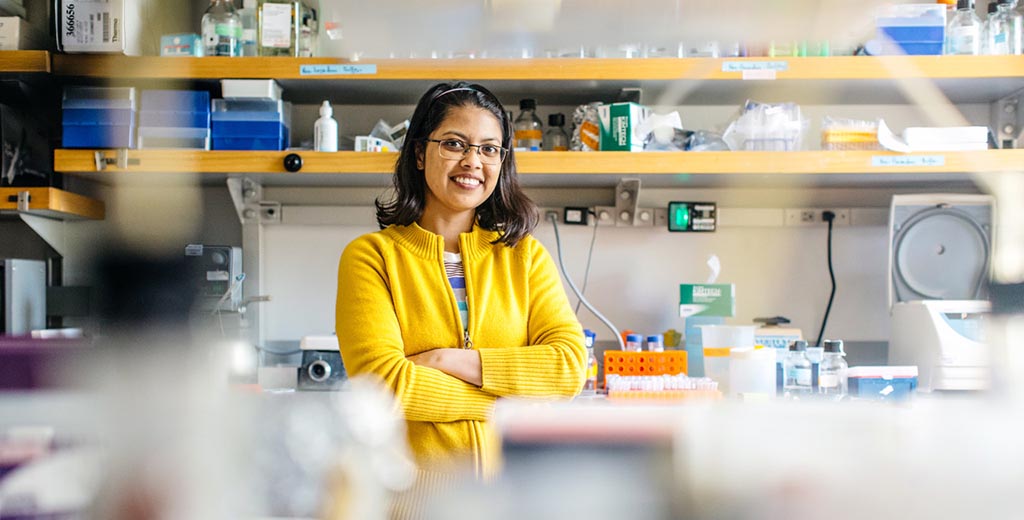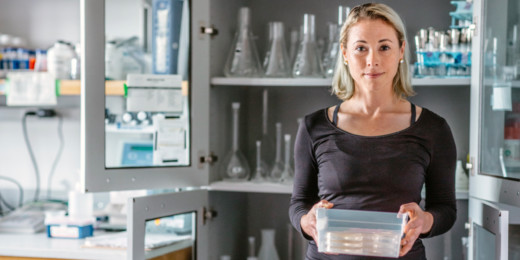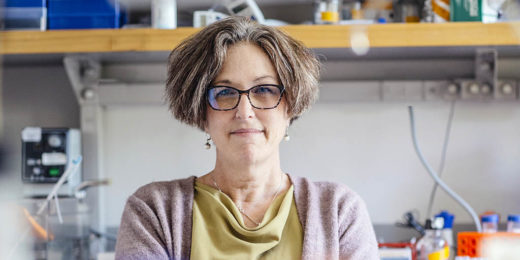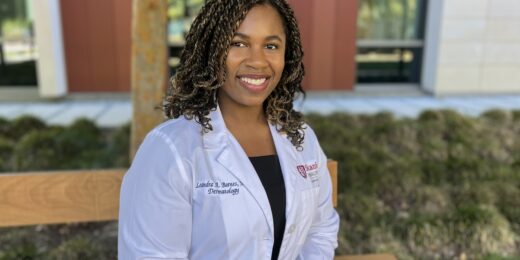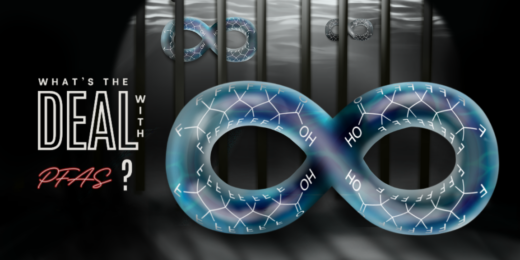For my story "Life in a lab" in the latest issue of Stanford Medicine, I spent a lot of time with Miriam Goodman's Wormsense Lab. In the end, only a small portion of what I saw made it into print -- in fact, about half of the scientists I interviewed didn't make it into the story.
One of them was Alakananda Das, PhD, a postdoctoral fellow in Goodman's lab who grew up in India and originally came to the United States for graduate school.
She works on the molecular basis of touch and other kinds of mechanosensation, or how cells detect and respond to pressure. As a practical matter, that means she spends a lot of time editing worm genomes. Here, she talks about the struggles she's faced getting a project to work, what keeps her going, and the pleasure she finds in the sometimes repetitive work of laboratory science.
From Das:
For the past two years I've been working towards one goal, and everything that I'd tried had failed, and then just in the last month I got a success. I had these four methods lined up initially, and I went through them one by one. It's just the last one that worked.
What got me through it is knowing it can be done, and then it's just a matter of finding the right way to do it. There is a sense of accomplishment that you get when you finally get something, and the longer the frustration has been, the greater the sense of achievement.
But the thing is, even with the ones that didn't work out, that doesn't mean it didn't tell us something about the system. We still learned something. It's just not what we were expecting.
The work that I mostly do, the gene editing part -- the designing of these changes that I'm going to put into the genome -- I find really exciting. When I look at the process, it's basically taking blocks of modules and putting them in different configurations and seeing what the result would be. So it kind of reminds me of building a machine and switching out different parts, and seeing how the machine would function.
I want to continue to do research. I don't particularly prefer academia or industry or any such thing; whatever will allow me to continue doing research in some form, I would be happy with it.
Photo by Timothy Archibald


